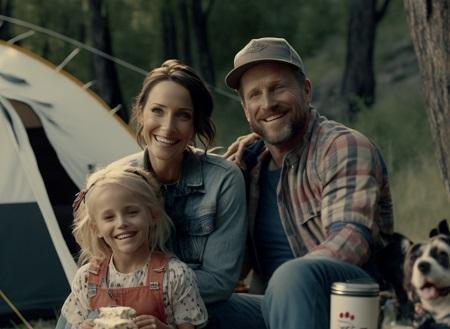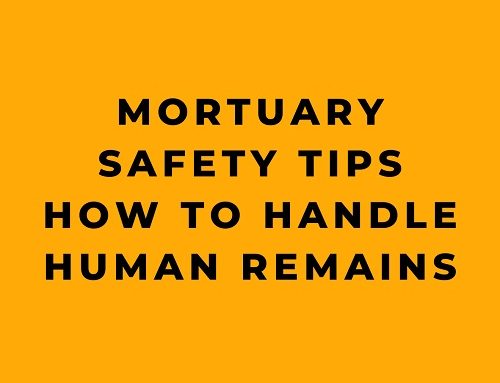Camping is a great way to enjoy the great outdoors and connect with nature, but it’s important to be aware of potential hazards to ensure a safe and enjoyable trip. Each year, the National Park Service reports that the number of fatalities at National Parks averages between 120 and 140 (excluding suicides). This highlights the importance of being prepared and aware of potential hazards, and taking steps to ensure safety while on a camping trip.
Planning ahead is essential for a safe and successful camping trip. Here are 10 camping safety tips to help you do just that. From researching the camping area, checking the weather forecast, and letting someone know your itinerary, to being aware of the area you will be camping in, these guidelines will help ensure a smooth and safe return to the camping.
- Planning ahead is essential for a safe and successful camping trip. This includes researching the camping area, checking the weather forecast, and letting someone know your itinerary. It’s important to be aware of any potential hazards or emergencies that may arise, such as severe weather or dangerous wildlife, and to have a plan in place in case they do.
- Being aware of the area you will be camping in is crucial for staying safe. This includes familiarizing yourself with any potential hazards such as poisonous plants, wildlife, or dangerous terrain. It’s also important to know the rules and regulations of the camping area, such as fire restrictions and camping permit requirements.
- Choosing a safe location to set up camp is important for minimizing the risk of accidents and injuries. Look for a flat, dry, and clear area that is free of hazards such as dead trees or overhanging branches. It’s also important to set up camp at least 200 feet away from lakes and streams to avoid flooding or water-borne illnesses.
- Storing food properly is essential to avoid attracting bears or other wild animals to your campsite. This includes storing food in a bear-proof container or hanging it from a tree at least 10 feet off the ground. It’s also important to properly dispose of food scraps and to avoid cooking or storing food in your tent.
- Having a flashlight or headlamp with you can help you see in the dark and avoid tripping over hazards. It’s also important to have extra batteries or a backup light source in case of an emergency.
- Being aware of fire safety is crucial for preventing accidents and wildfires. Make sure to follow the fire safety regulations of the camping area and keep your fire contained in a designated fire ring or pit. Never leave a fire unattended and make sure it is completely extinguished before leaving.
- Having a first-aid kit with you is important for treating minor injuries or illnesses. It’s also important to know how to use the items in the kit in case of an emergency.
- Dressing appropriately is important for staying comfortable and safe in the outdoors. This includes wearing layers and bringing appropriate clothing and footwear for the weather and terrain.
- Keeping an eye on the weather forecast is important for staying safe in case of severe weather. Bring a raincoat, poncho, or tarp in case of rain and be aware of the risk of lightning strikes if thunderstorms are forecasted.
- Staying hydrated is important for maintaining good health and preventing dehydration. Bring enough water with you, and consider bringing a water filter or purification tablets to ensure you have a safe water supply. It’s also important to be aware of the water sources around the campground and to follow the guidelines for drinking and washing.
Camping safety is essential for an enjoyable and safe experience while being in the outdoors. It’s important to be prepared, aware of the area and weather conditions, and to have a plan in case of an emergency. By following these 10 tips, you can make sure you and your family are safe while camping and prevent injuries or accidents. Remember that safety is a shared responsibility and with everyone’s cooperation and awareness, we can create a safe camping environment for all.










